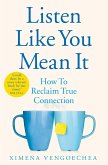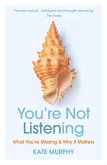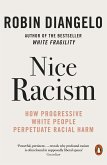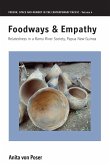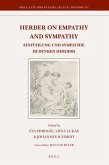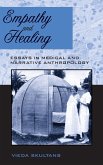This study explored the link between use of humour and empathy among elementary school age children. Based on research demonstrating high levels of empathy in individuals who behave pro-socially and lower levels of empathy in individuals who behave antisocially, it was hypothesized that empathy (cognitive and affective) would be positively associated with positive uses of humour, and negatively associated with negative uses of humour. To this end, the Humour Styles Questionnaire (HSQ), developed for use with adults, was adapted for use with children and administered to 191 children (ages 8-13) along with a self-report measure of Cognitive and Affective Empathy. Factor analytic results verified a four factor solution for the HSQ, tapping use of Affiliative, Self -Enhancing, Self-Defeating and Aggressive Humour. Correlational analyses showed that the links between empathy and humour varied across types of humour and across boys and girls. Boys reporting higher levels of Cognitive Empathy were more likely to use humour in positive ways. For girls, greater Affective Empathy was associated with use of positive houmor.
Bitte wählen Sie Ihr Anliegen aus.
Rechnungen
Retourenschein anfordern
Bestellstatus
Storno


